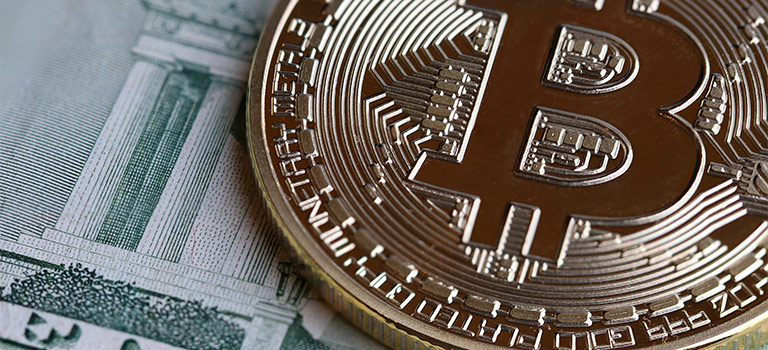PALO ALTO, Calif. (Reuters) - The Federal Reserve is looking at a broad variety of problems around digital payments and currencies, consisting of policy, style and legal considerations around possibly issuing its own digital currency, Guv Lael Brainard said on Wednesday. Brainard's fedcoin a central bankissued cryptocurrency remarks suggest more openness to the possibility of a Fed-issued digital coin than in the past." By transforming payments, digitalization has the prospective to provide higher worth and benefit at lower cost," Brainard said at a conference on payments at the Stanford Graduate School of Organization.
Central banks worldwide are debating how to handle digital finance technology and the dispersed ledger systems utilized by bitcoin, which guarantees near-instantaneous payment at possibly low expense. The Fed is developing its own round-the-clock real-time payments and settlement service and is presently examining 200 comment letters submitted late in 2015 about the proposed service's style and scope, Brainard said.
Less than 2 years ago Brainard told a conference in San Francisco that there is "no compelling showed need" for such a coin. However that was before the scope of Facebook's digital currency aspirations were widely understood. Fed authorities, consisting of Brainard, have actually raised concerns about consumer securities and information and privacy dangers that could be presented by a currency that might enter usage by the third of the world's population that have Facebook accounts.
" We are working together with other reserve banks as we advance our understanding of reserve bank digital currencies," she said. With more nations checking out releasing their own digital currencies, Brainard stated, that includes to "a set of factors to likewise be making sure that we are that frontier of both research study and policy development." In the United States, Brainard stated, issues that need study include whether a digital currency would make the payments system more secure or simpler, and whether it might present monetary stability dangers, including the possibility of bank runs if cash can be turned "with a single swipe" into the reserve bank's digital currency.
To counter the monetary damage from America's unmatched nationwide lockdown, the Federal Reserve has actually taken unmatched steps, including flooding the economy with dollars and investing directly in the economy. Many of these relocations received grudging approval even from many Fed skeptics, as they saw this stimulus as needed and something just the Fed could do.

My new CEI report, "Government-Run Payment Systems Are Unsafe at Any Speed: The Case Against Fedcoin and FedNow," information the threats of the Fed's existing prepare for its FedNow real-time payment system, and proposals for central bank-issued cryptocurrency that have actually been dubbed Fedcoin or the "digital dollar." In my report, I discuss concerns about personal privacy, data security, currency control, and crowding out private-sector competition and innovation.
Proponents of FedNow and Fedcoin state the federal government should develop a system for payments to deposit instantly, rather than motivate such systems in the economic sector by raising regulative barriers. But as kept in mind in the paper, the private sector is supplying a relatively endless supply of payment innovations and digital currencies to fix the problemto the level it is a problemof the time space between when a payment is sent out and when it is gotten in a savings account.
And the examples of private-sector development in this location are numerous. The Cleaning Home, a bank-held cooperative that has actually been routing interbank payments in various forms for more than 150 years, has actually been clearing real-time payments considering that 2017. By the end of 2018 it was covering half of the deposit base in the U.S.